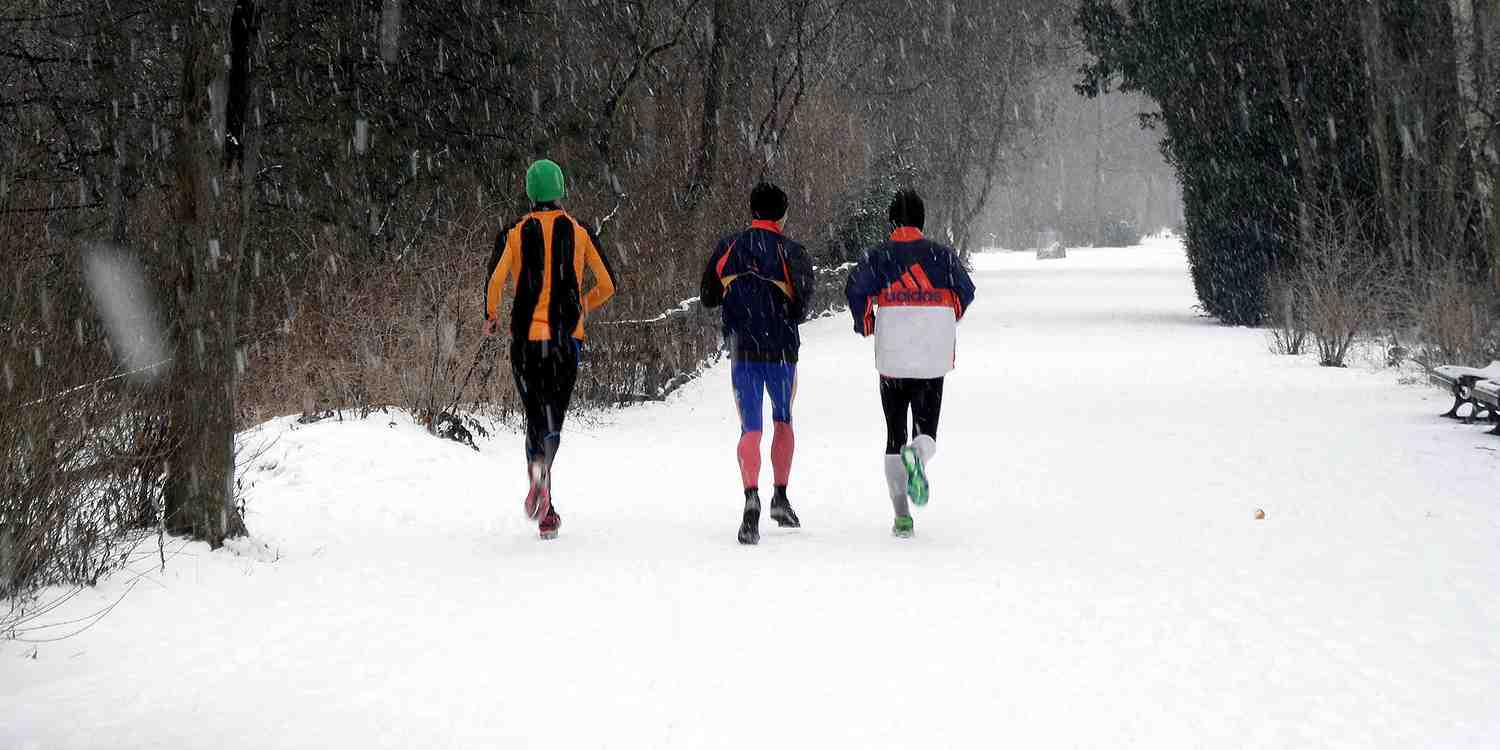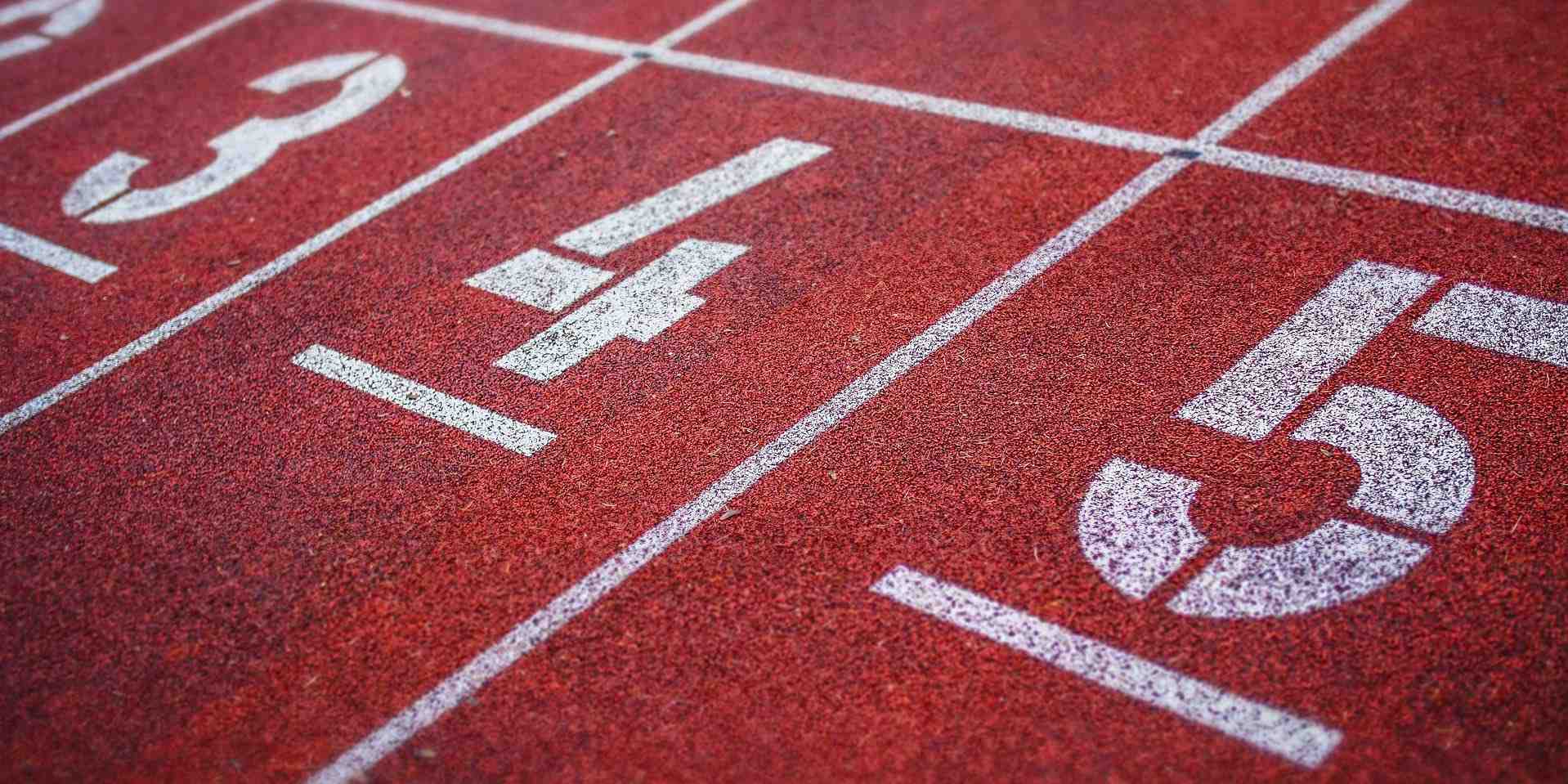
by Grant Paling. My children are starting to compete in things. My daughter had her first gymnastics competition earlier this year. My son is mega into football. They both smashed it at the school sports day (maybe competitive dad made them do some laps at the track after swimming - but they didn’t take much encouraging!!)
They are finding themselves more and more in competitive situations.
I never really grasped competitiveness growing up. It wasn’t really in my nature. I had all the encouragement in the world from my wonderful parents. But I don’t think I learnt about failure at a young age, not consciously.
As I got older, I got increasingly competitive. I don’t know where it started but as I reached the end of my teens and entered my twenties, I suddenly found competitiveness within myself. I say within myself, initially it came from being part of a team that competed for trophies in football (shout out to my Farndon United football club teammates - golden years).

Celebrations with my old teammates of Farndon United football club, good times
Then when I moved into triathlon, now it was all on me and no team mates to fall back on. A new sport and a new dynamic and so it took some time (some years even) to find that competitiveness again.
What was it that made me find it? It was in fact a thing many of us spend time trying to avoid: it was failure. It was the first time I had the experience of not finishing a race when I failed to finish the 2018 Ironman 70.3 in Mallorca.
Somewhere something clicked. I finally found deep down maybe something that existed all along. A desire to compete. Initially it was just a feeling that I never want to feel that sense of failure again. But then I think that grew into a stronger mentality. Part of this is what drove my age group triathlon journey to representing Great Britain. The desire to be at the next level. And then the next. And then the next.
I don’t have any regrets – wishing that it had turned out differently in that race. Everything is as it was supposed to be, this is my path. That failure made me stronger. It made me determined.
Part of being competitive is to realign your understanding of the things that happen. To accept failure. Failure isn’t bad. Failure is necessary. Failure drives progress, in every walk of life - from sports, to work, even love – you don’t always meet “the one” right away. But that is also what makes it amazing when you do, because maybe you had to figure out first what it was you were actually looking for by failing a few times!
I want my children to not be afraid of failure. Being afraid of failure is being afraid to compete. And if you don’t compete… what is the saying - “nothing ventured, nothing gained”.
I participated in the in the British National Triathlon championships earlier this year (11th May). Did it go to plan? No, I probably underperformed. But did I learn a lot about myself - good and bad? Absolutely.

Feeling a bit miffed immediately post-race after the British Age Group Championships
There was a time when I wouldn’t have thought myself worthy to compete in such a race. Not any more. My biggest fear isn’t failure, my biggest fear is not competing at all.
What is the biggest failure? I would say it is to never fail.
So be bold, and try.
I tried to compete at the highest level nationally and I didn’t win. Next year I’ll do better. Or I’ll fail trying.
Either way, I believe it’s a good example to set for my kids.

One of the best quotes about failure from one of the greatest sportspeople of all time

Sometimes it’s hard to stay motivated during the cold months with the next race still so far away. We’ll give you a few winter training tips on how to stay motivated and stay fit until it gets warmer outside.

In this post, we give a short introduction to the running training zones and cycling training zones we use to structure your training. We use 5 training zones defined by pace for running activities and by power for cycling activities. AI Endurance calculates these zones for you individually based on your past training data.

by Grant Paling. It has been a while. I hope you’ve all been ok. The winter months are hard. Darkness, cold, rain. It’s not always easy to get motivated to train. It’s also a time when maybe it’s a bit more appealing to stay on the sofa and watch some good TV - as you might guess from the blog title I’ve been watching Loki on Disney Plus, among other things (and yes I am a bit late to the party there).

by Stefano Andriolo, Markus Rummel and Iñigo Tolosa. We present a new real time feature of evaluating readiness to train based on in-activity heart rate variability (HRV) measurements during the warm up of your activity. You can use this feature in the newest version of the alphaHRV Garmin Connect IQ app at no additional cost.